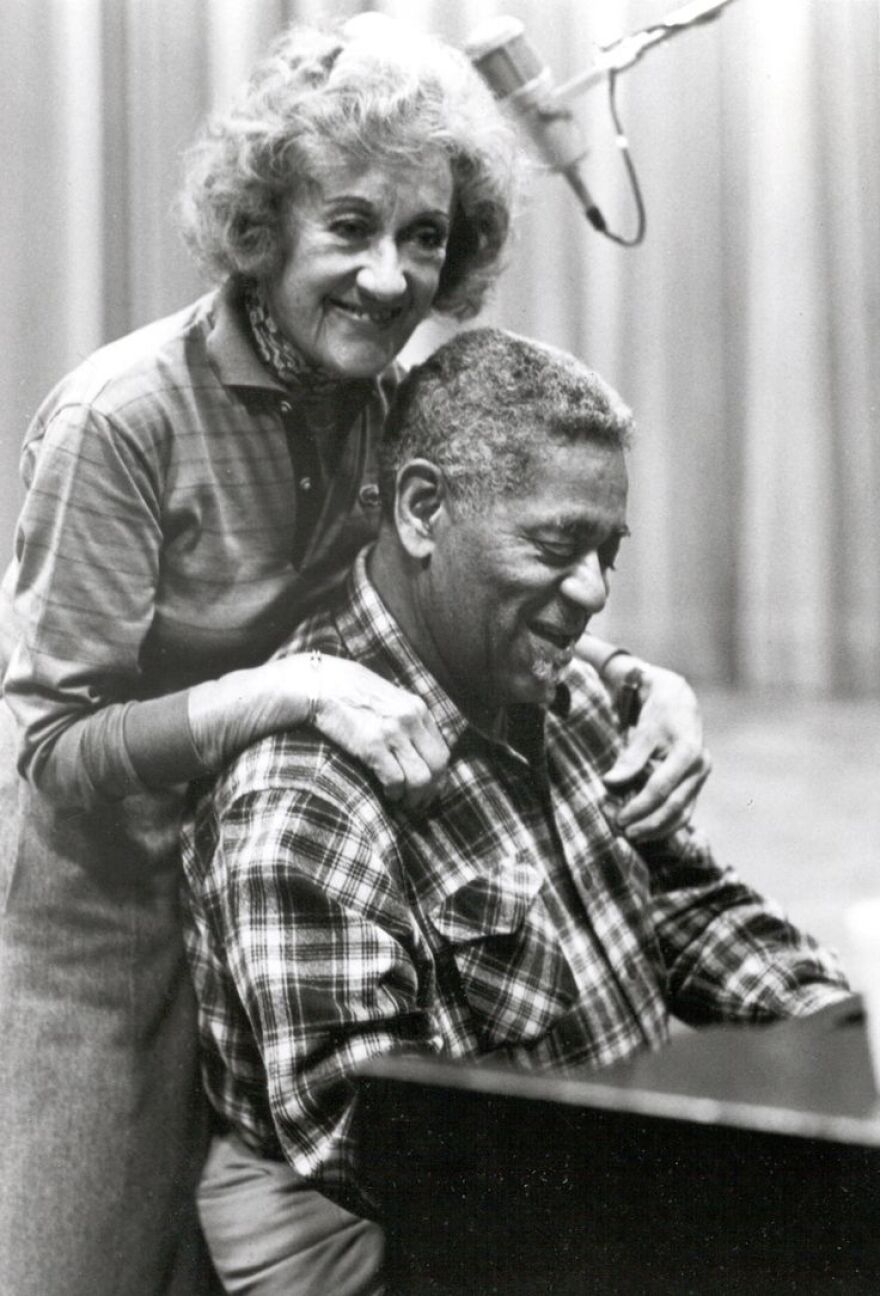During his 1985 appearance on the NPR program, Piano Jazz, Dizzy Gillespie was asked by host Marian McPartland about the month he spent playing with Duke Ellington in 1945.
The trumpeter repeats what he wrote in his autobiography, To Be or Not to Bop. "To play with Duke, you have to forget everything you know." Moments later, he reiterates the line, then revises it to say, "You use everything you know to follow Duke." When she asks if it was a memorable experience, he says, "Oh yes, very illuminating."

What he means by illuminating is apparently a euphemistic way of saying that while his month with the Duke was a largely unpleasant experience, it was an eye-opener into a closed society with secretive methods. "You can't use your own experiences because Duke has some new shit for you when you go in there," he wrote. "You don't rely on what you know from someplace else...You have to conform to his approach and be receptive...The guys in Duke's band weren't too nice either. They didn't help anyone...[trumpeters Taft Jordan], Rex Stewart, and Wallace Jones were sitting up there, as silent as high priests in a temple. I had to guess [everything]."
https://www.youtube.com/watch?v=vy4uvoWJiLk
Notwithstanding the bad vibe and limited solo opportunities he was assigned during his month with Duke at the Capitol Theater on Broadway, he extolled Ellington as the ultimate American composer. "He's in a class by himself...The way composers gain influence is by people performing their music...[and] everyone plays his."
https://www.youtube.com/watch?v=LeeOYCq36Zo
Gillespie guested on Ellington's Jazz Party album in 1958, where his feature was "Upper Manhattan Medical Group," the Billy Strayhorn composition dedicated to the medical practice of Dr. Arthur Logan, who served as personal physician to both Ellington and Strayhorn. Of the date, Diz wrote, "I just happened along one day and we blew and they taped it and put it out. And when I got no money, I mentioned it, very gently to Duke, and he smiled and says, 'Well, Diz, I can't pay you what you're worth.' Whee, was that a cunning, elegant man! So I smile and I say, 'Don't give it no mind, Duke. Just so long as you pay me!' And maybe a year later, he did!"
I'll assume the bread came through before April 27 and 28, 1960, the dates on which Diz recorded A Portrait of Duke Ellington. The album is one of the greatest of the trumpeter's career and earned a 5-star review in Downbeat upon its release. Its eleven titles, all superbly arranged by Clare Fischer, include six by Duke, two by Juan Tizol, and three by Strayhorn, "UMMG," "Johnny Come Lately," and an exceptional reading of "Chelsea Bridge." Gillespie's performance of this impressionistic work strikes me as a stellar example of the interpreter's art-- in jazz terms, a unified combination of composer and soloist.
https://www.youtube.com/watch?v=snv3KWJa0T4


